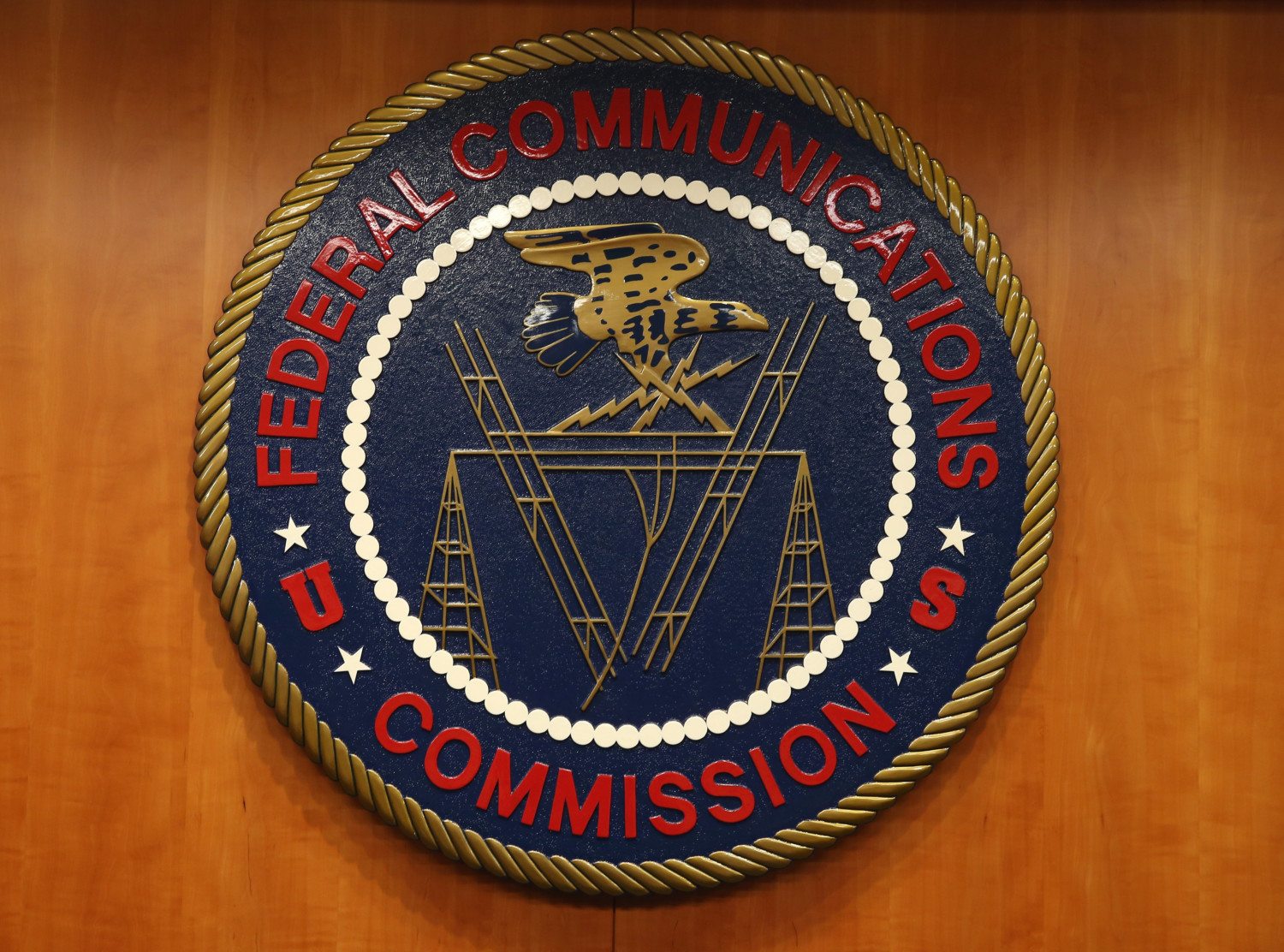Have you been getting voicemails even though your phone didn’t ring?
Forget phantom rings. The most buzzed-about telemarketing annoyance right now is surprise voicemails that pop up—even though your phone didn’t ring. What the heck?!
The practice is known as “ringless voicemail,” and there’s major debate playing out in the government this year about whether it should be allowed. Like robocalls, the audio is often an automated voice selling you lawn care or warning you that the IRS will be coming after you. However, these calls simply appear as new voicemails on your phone.
Telemarketers are subject to specific laws, such as the Do Not Call registry, limiting how they reach consumers. The people behind ringless voicemails, though, are saying they don’t count as phone calls and therefore shouldn’t be subject to the laws that limit telemarketing without consent.
Unwanted Phone Call Or Respectable Marketing Tactic?
The Federal Communications Commission recently asked consumers to share their opinions about whether ringless voicemails should be subject to the same rules as regular telemarketing calls. More than 81,000 people replied, many of the most outspoken voicing their displeasure.
One commenter, for example, wrote, “My voice mail box likely will be clogged with automated messages, making it challenging to unearth important calls…”
A Delaware man told the The New York Times his reaction when he started receiving these ringless voicemails.
“At first, I thought I was crazy,” Frank Kemp told the Times. “When I checked my voice mail, it made me really angry. It was literally a telemarketing voice mail to try to sell telemarketing systems.”
Consumer advocacy groups are on Kemp’s side, pushing for the FCC to crack down on this trend.
“That’s even more invasive, more time consuming and more annoying in some ways than a standard phone call,” Margot Saunders with the National Consumer Law Center told CBS News about the ringless voicemails.
RELATED: Free Up Space On Your IPhone With These 6 Tricks
However, some believe that a voicemail is less of a nuisance than a phone call, and the consumer doesn’t have to listen to the message right away. The Republican National Committee, for example, supports ringless voicemails as a way to market to people. Here’s an excerpt from the petition they filed with the FCC:
The Petition asks the Federal Communications Commission (“Commission”) to declare that the delivery of a voice message directly to a voicemail box does not constitute a call that is subject to the Telephone Consumer Protection Act (“TCPA”) and its implementing rules. The RNC supports this clarification, which is consistent with the language of the TCPA. A contrary finding would not only restrict an important form of non-intrusive communication; it would have serious consequences for the First Amendment rights of those engaged in political communication via telephone.
The FCC is still collecting public comments on the issue in response to a petition filed by All About the Message, a ringless voicemail company, seeking exemption from the Telephone Consumer Protection Act of 1991. An an FCC spokesperson told the The New York Times that it has “no formal timeline for resolving such petitions.”
For now, it looks like we’ll have to stay tuned for more information about whether these annoying ringless voicemails are here to stay or on their way out.
Get Your Phone To Alert You When Scammers Call
Did you know you can get your phone to alert you when scammers call?
It’s so annoying when you answer and hear an opening line like “Can you hear me?” or “Let me adjust my headset.”
Here’s how you can block solicitors on networks:
- T-Mobile will warn you and the incoming call will say “Scam Likely” when they compare the phone number against a global database of known scammers. You can also block scammers altogether with a tool called “Scam Block.” They began enabling “Scam ID” and “Scam Block” for existing customers on a rolling basis starting in April.
- If you have AT&T, the network has a “Call Protect” app that will block and screen spam calls. The app is free for eligible customers. Contact customer service to determine whether your plan qualifies.
- Sprint offers a Premium Caller ID feature for $2.99 a month. It will identify robocalls and spammers, and show their fraud risk level as low, medium or high.
- Verizon doesn’t have an app or service to block robocalls just yet, but does offer up these tips for how to block anonymous calls.
- The Wireless Association offers additional tips for stopping robocalls, and has also gathered information about the free apps that will help block these types of calls.
We Need Your Help: Take Our Vacation Survey (And Enter To Win A $100 Gift Card!)




